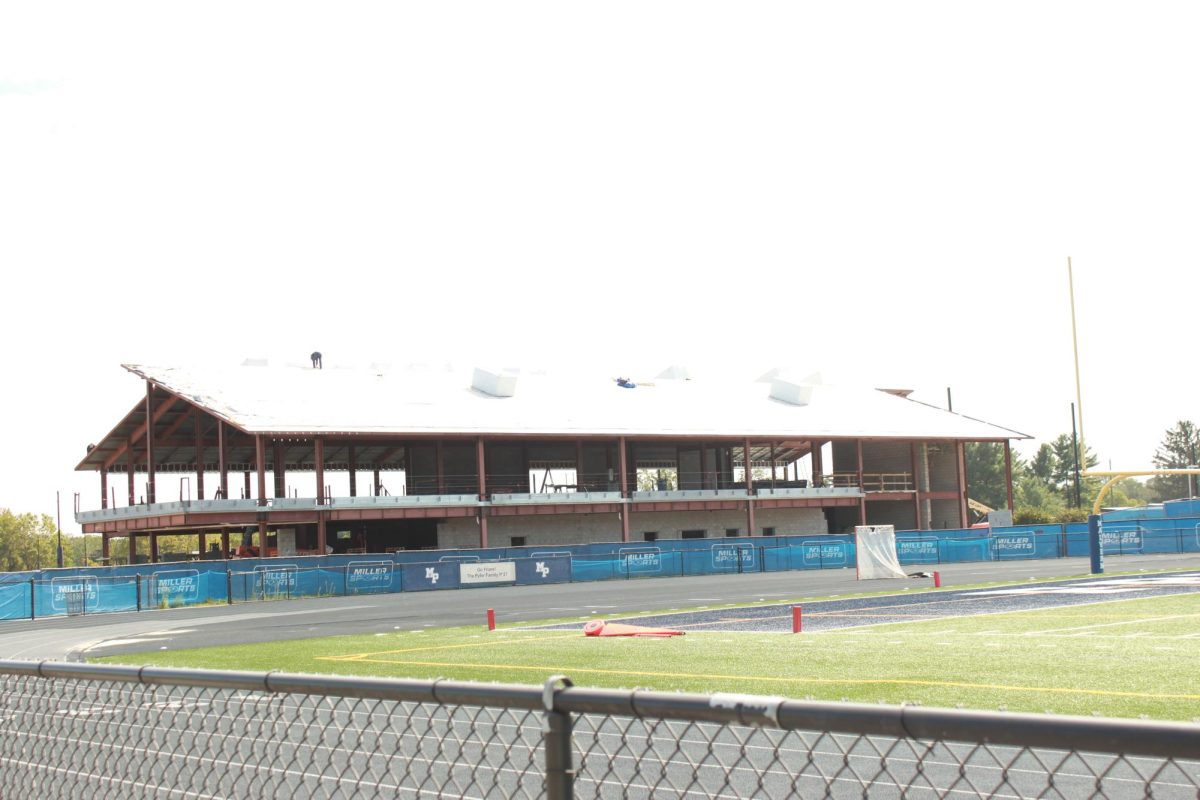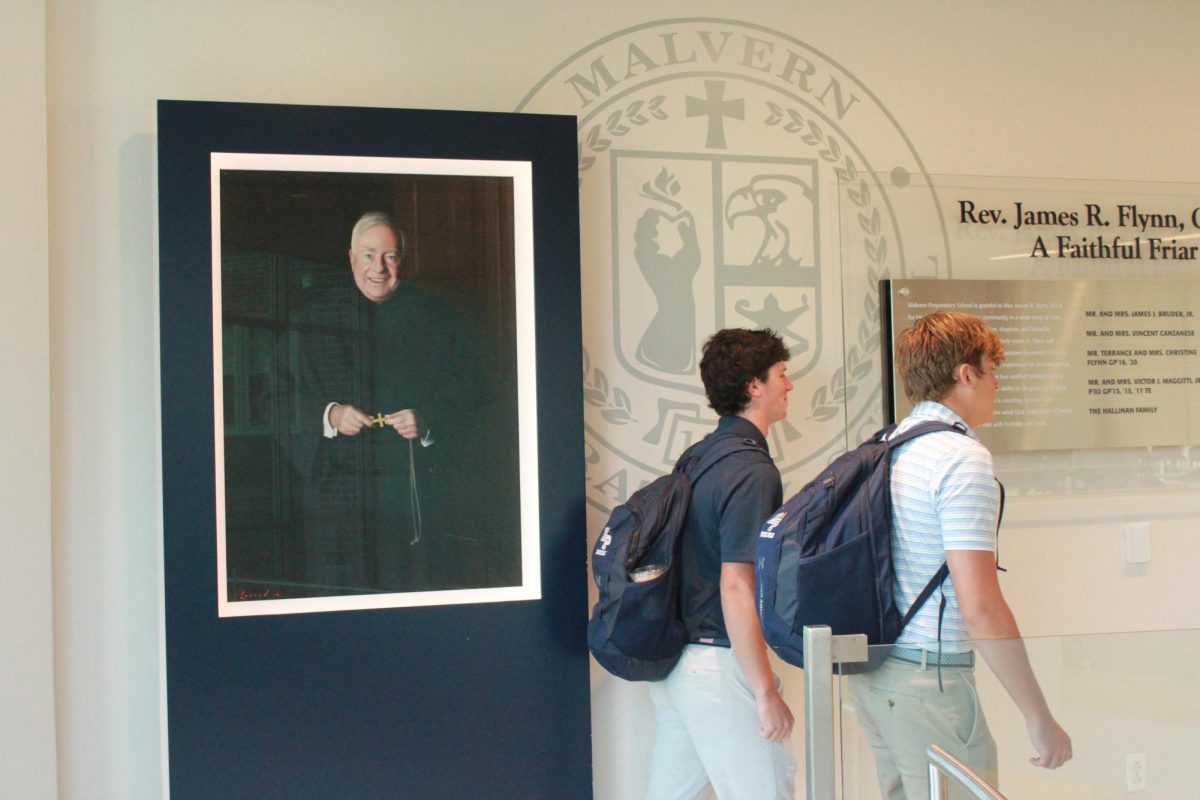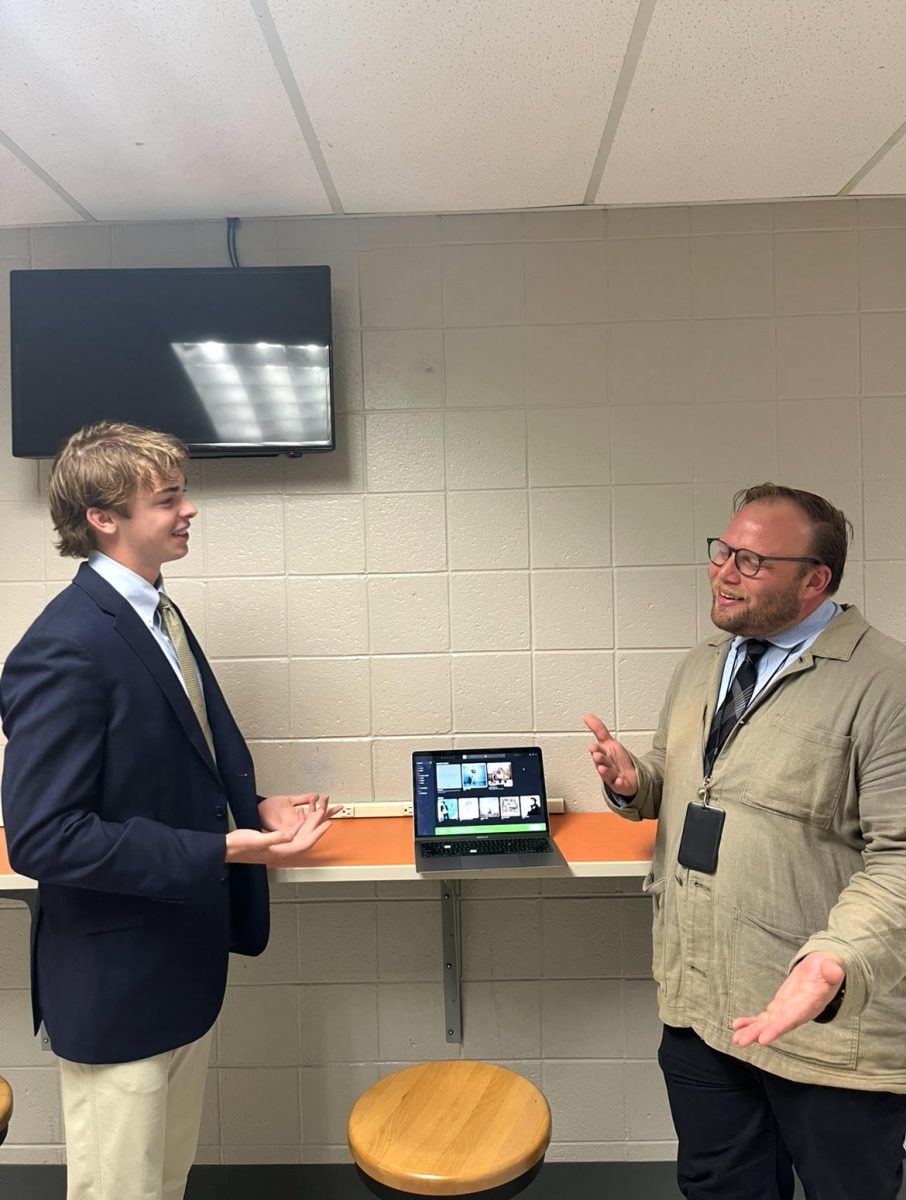The new model will be more specific but a continuation of the previous 2011-2016 plan.
Want a sneak peak into how Malvern will change over the next several years? Take a look at the new 2020 Strategic Plan, posted on Malvern’s website under ‘Head of School News’ on February 23.
The plan focuses on three main areas of emphasis: Community, Academics, and Institutional Stewardship. It was formed by the Board of Trustees, led by the Strategic Chair Mr. Joseph Carlini P’13’19.
Executive Director of Financial Advancement Mrs. Carrie Snyder explained what is different about this strategic plan compared to the last one that ranged from 2011 to 2016.
“The last strategic plan was larger and more comprehensive in regards to the number of goals and objectives we hoped to accomplish,” Snyder said. “This strategic plan is more intentionally focused and an extension of what we began in 2011.”
[perfectpullquote align=”right” bordertop=”false” cite=”” link=”” color=”” class=”” size=””]The 2020 Strategic Plan has three areas of emphasis: Community, Academics, and Institutional Stewardship.[/perfectpullquote]
One big difference from the last Strategic plan to this one is the “success measurements” feature under each prong. Snyder said during year four of the last strategic plan, a consultant was brought in to monitor the progress of the strategic plan. This inspired the Board to continue monitoring success.
“We need to make sure we have goals that are measurable, because we have five years to do this,” Algeo said. “At each marker, you should be able to say, ‘How much closer to this goal are we?’”
The success measurements include percentages of positive statements about their experience at Malvern, like “percentage of students who feel a part of the brotherhood,” for example.
“Are we keeping track of our progress but also is it sticking? Is it really helping our students? How are we measuring that?” Algeo said.
To obtain the data, Malvern will be polling the community, as they began to do with the J-Term survey to students, faculty, and parents this year. Head of School Fr. Donald Reilly O.S.A. also began conducting some grade-level polling this year during breaks, without computers.
“I passed out red and green cards, having 35 questions to ask in 20 minutes. Mr. Sillup and I were on stage, and said, ‘Gentlemen, I need your information, you have been here a long time and have been consuming the product, if you will,’” Reilly said. “That is very helpful to me because for [statements like those], I want to dig further and tell me why.”
Reilly thinks families and students appreciate being surveyed because they know change is being made from their responses.
Community is an area of emphasis, as one of the three prongs of the strategic plan. The goal of this is to “enrich and engage the Malvern Prep community in the understanding and demonstration of our Catholic, Augustinian mission, our academic vision, and our cultural values.”
“The thing that we learned since the last strategic plan is the value in and the emphasis that should be placed in community, specifically our Augustinian culture,” Algeo said.
Reilly said he is happy with the strides the Malvern community has made in their sense of community while he has been here, specifically in diversity with the student-led diversity conference that was hosted at Malvern. Increasing the percentage of faculty, staff, and students of color is a success measurement under Community in the plan.
“We need to make a concerted effort that color is good. The reason I’m saying that is if you have a son and you are sending him to Malvern, I think it is preferable to be able to say, ‘Son, there are examples of people who look like you on the faculty and administration,’” Reilly said.
Reilly and Algeo also discussed leadership as a point of emphasis within the plan. Although leadership is not specifically discussed in the document as a strategy or outcome, many of the outcomes—like “students that understand how to leverage their strengths in college and life” under the Academics goal— relate to leadership skills.
“There are skills attached with leadership,” Algeo said. “We already have our values of Truth, Unity and Love. Skills in leadership help to be aligned with those values, but you can be really specific.”
The skills that Algeo mentioned includes accountability, empathy, integrity, and communication. The goal is to be able to give feedback on these qualities for each student so they can improve.
“When you’re talking about culture, and you’re talking about Malvern Prep, what are the areas of growth that are underneath our mission that we can be more specific with our students?” Algeo said. “Not to just provide opportunities for growth in these areas, but actual feedback.”
Under the Academics goal, the listed outcomes include a mastery transcript that is prototyped and tested, young alumni that feel fully prepared for college, and online/blended learning and mastery-based programs that provide individualized pathways for each student, and other outcomes.
The chief strategy here is to complete the “academy” model approach to learning. Success measurements listed in the plan include the percentage of students and parents who feel their writing, computation, and problem-solving skills have improved while attending Malvern Prep, the percentage of students accepted to highly selective institutions, and nationally recognized merit-based, extracurricular, or athletic student achievements.
For Institutional Stewardship, the stated goal is to “reimagine our economic infrastructure so that Malvern remains financially secure and externally competitive in an ever-changing educational landscape. The strategies include advancement, financial operations, and strategic sustainability.
Success measurements include the percentage of parents who feel they can afford a Malvern education, the percentage of decrease in program expenses, the percentage of the school’s budget that is covered by revenue generated outside of tuition, and the percentage of students and parents who are proud to say they are affiliated with Malvern, among others.
Mr. James Friend has been hired as the new Executive Director of Advancement for next year, according to Reilly. Admissions, development, and communications and marketing are the three areas of focus for Advancement.
“That’s a different model. I think that is something that helps Malvern,” Reilly said.
Snyder said the strategic plan is important to the community and the direction of Malvern.
“A strategic plan or vision provides us the opportunity to leverage strengths and overcome challenges through a goal setting process,” Snyder said. “It helps to align resources, enhance operations, and unite the community around a common goal.”
Reilly is glad he had the strategic plan in place when he got to Malvern.
“It’s stretching me, it’s stretching the leadership team, and I love the collaborative effort that it is with our families and board leadership,” Reilly said.













